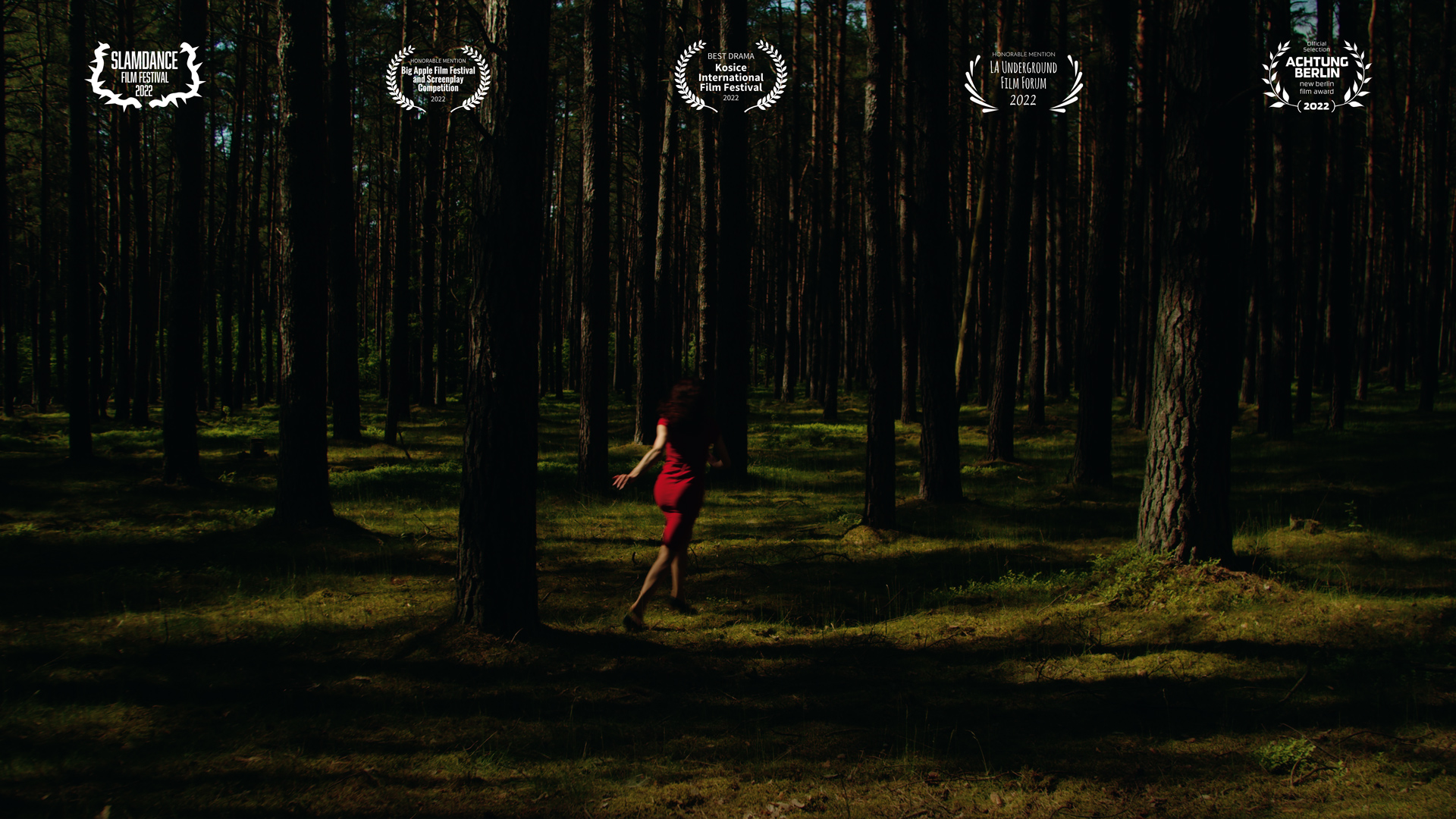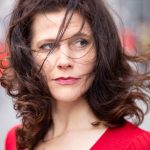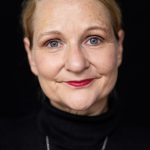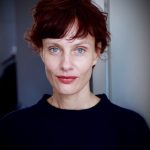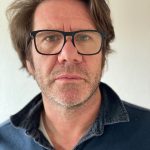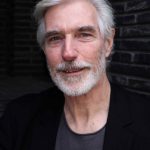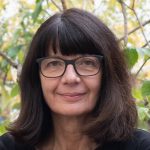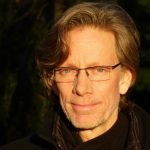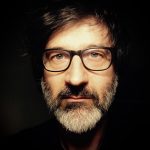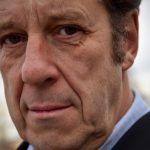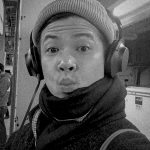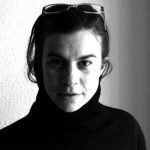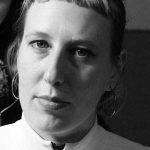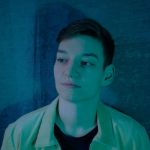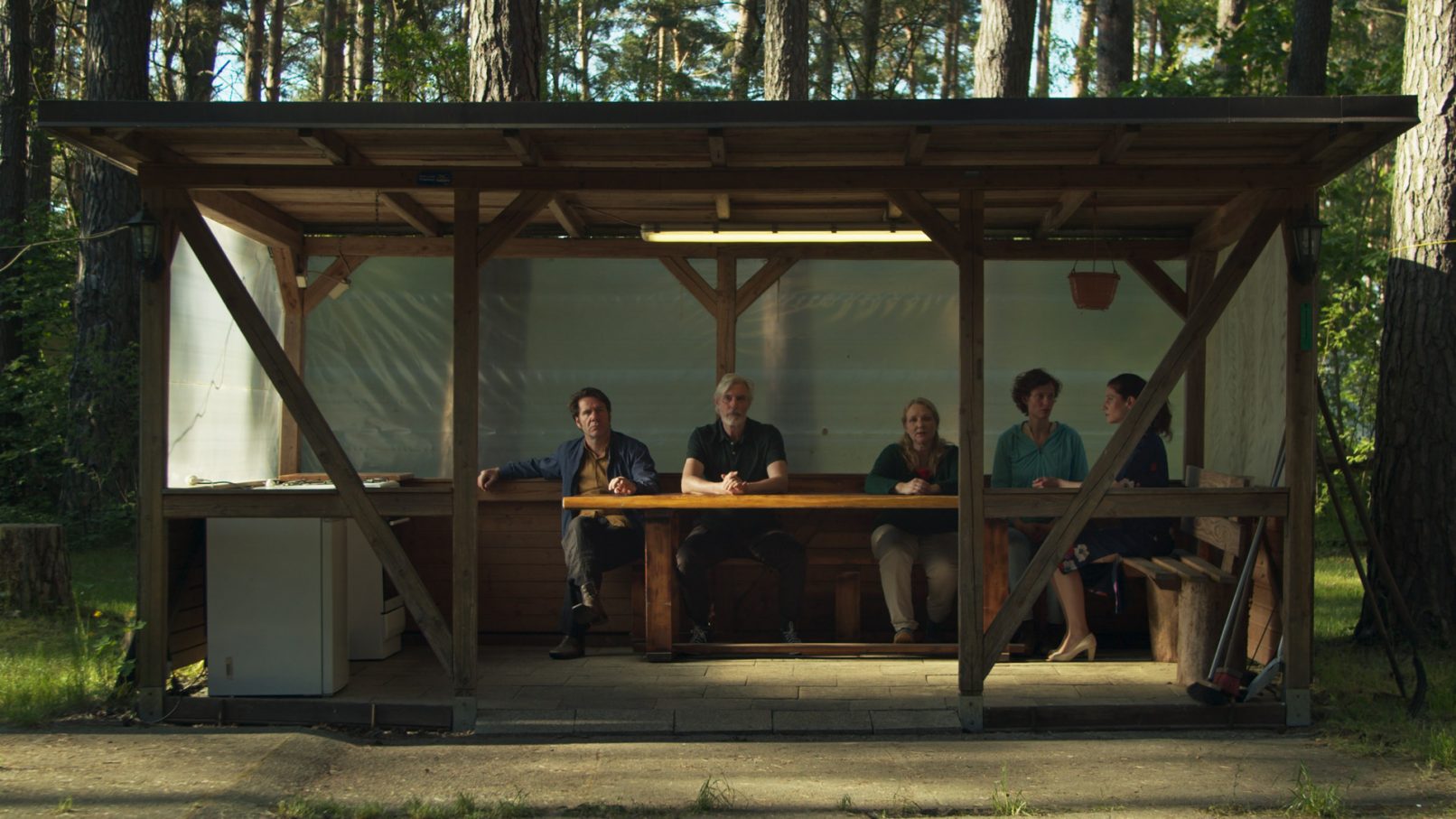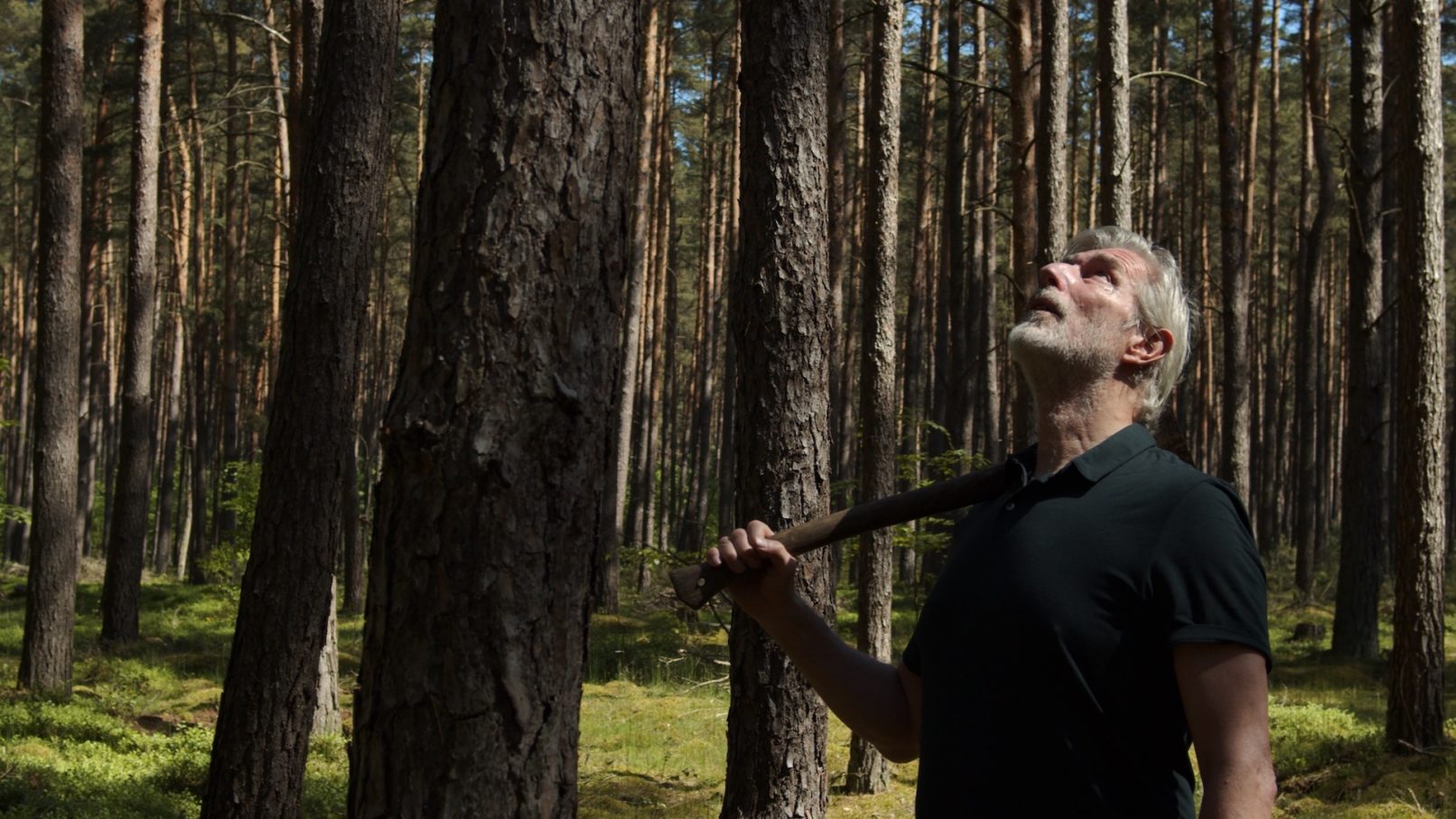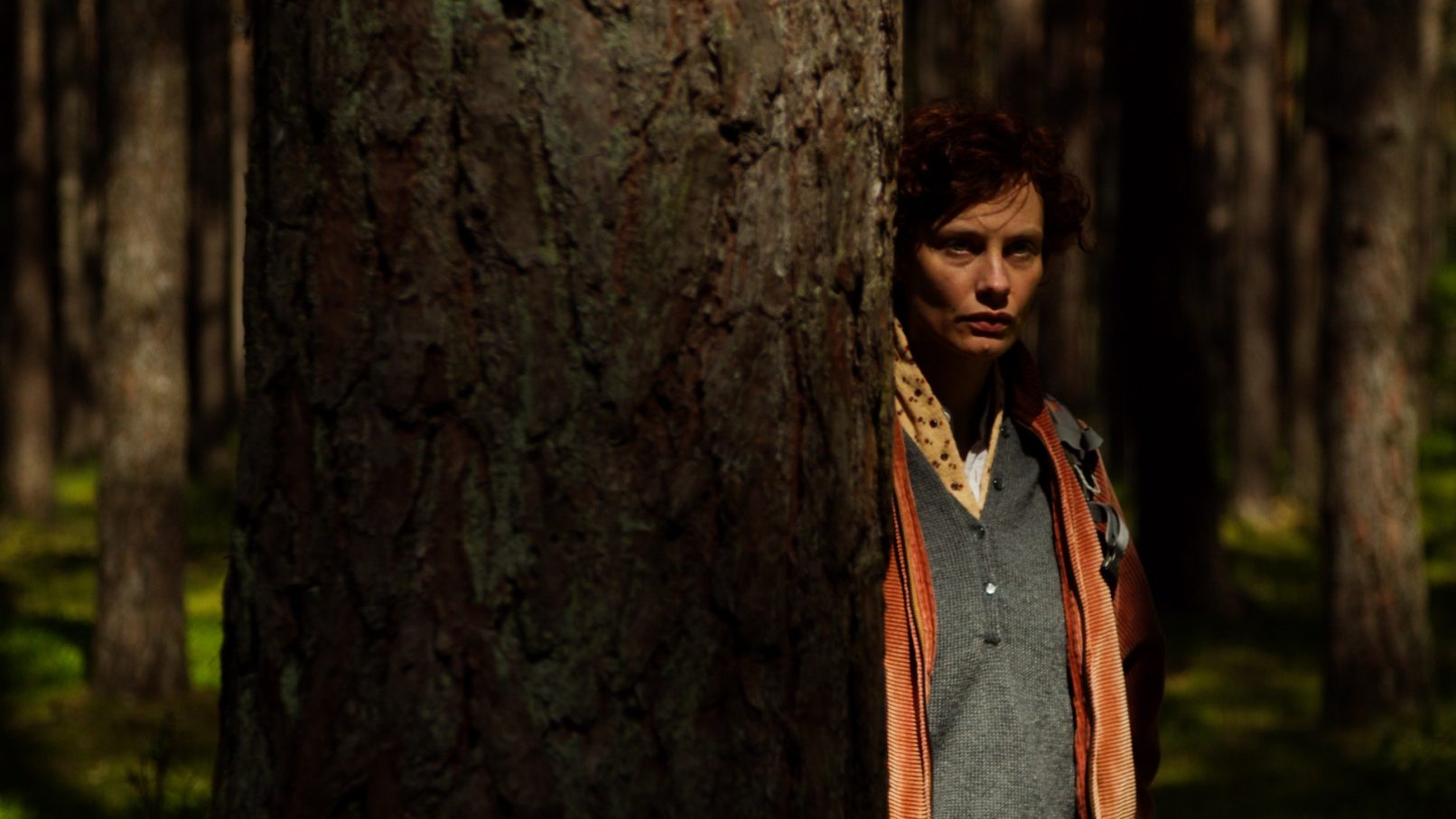A nature experience can be something beautiful, one can surrender to it, revel in it. But…
For Be Right Back I wondered about how Romanticism and what Germans call “Naturerlebnis” (experience of nature) could take a different turn…
On March 17th, 2019 I traveled with my Dramaturg Rose Beermann to Kastavensee in Brandenburg, Germany, to do research for a new project. The spread of Covid-19 had just begun in Germany. We discussed until the last moment whether it was still appropriate to travel. The entire trip had a surreal character. The small villages we passed through were empty, there was hardly any traffic. However when we reached our destination, a small vacation camp in the forest and got out of the car, we felt happy: the deep green of the forest, the smell of pine needles, the fresh air, the glint of the lake through the trees…. and no other people.
But the mood changed. Every day, every hour, new news about the spread of the virus rushed into the forest idyll via our smartphones and laptops. We took long walks through the forest and talked. Things started to feel strange. The environment seemed to become more and more intense, as if on a trip: We feel the movement of the crowns far above us; a few birds chirp, then they stop; a light wind blows, the trees crack and crunch; the sky is overcast; an uncanny atmosphere surrounds us; we feel very small.
Clearly we were starting to project our moods on our surroundings. An intense experience can sensitize our own senses to such an extent that the world around us becomes increasingly blurred. If we are then in an environment like the forest, which seems to follow its own rules and remains inscrutable in many ways, our imagination can give this forest undreamt of dimensions and powers. But the truth is of course, that it does not care about our personal drama and abstractions. Later a vodka shot helped us to change perspective and we had a laugh about ourselves.
The experience in Kastavensee stayed strongly with me. Back in Berlin, during the subsequent lockdown, I observed how the perception of time seemed to change. In those strange isolated times, trying to keep some kind of normality and structure to their lives, people developed new routines for themselves. These (non-)activities started to interest me.
In my first feature film Weather House, a small group of people live isolated in a house as the effects of climate change make it impossible for them to leave it. In the concept of Be Right Back (human) isolation plays a role again but I wanted to lure the characters into the forest–a cultivated forest, not a wilderness. The wilderness, if there is one, is only inside the heads of the characters. The motto was: the forest does not care about human drama.
I set out to develop a film in which the characters‘ idea of holding onto what was once „normality“ blends right over into absurdity. Where 5 characters live isolated in a vacation camp surrounded by the forest. How and why the five got there was irrelevant. I was not interested in the characters‘ personal backgrounds but in the structures they had built for themselves. Like little parallel running universes. Nobody explains himself/herself, nobody has to explain himself/herself. These five increasingly get overwhelmed by their self-chosen exile and what they project onto the forest (and onto each other).
In a state of not-more and not-yet, the question is what options we have for action.

